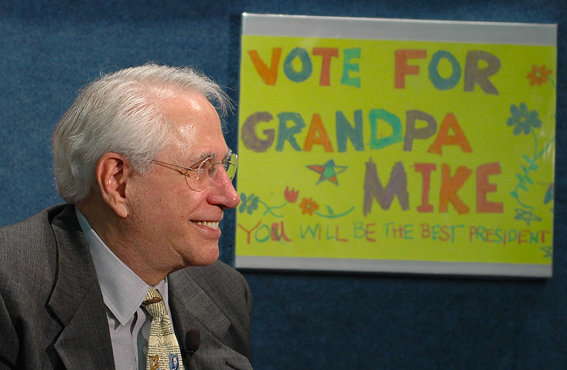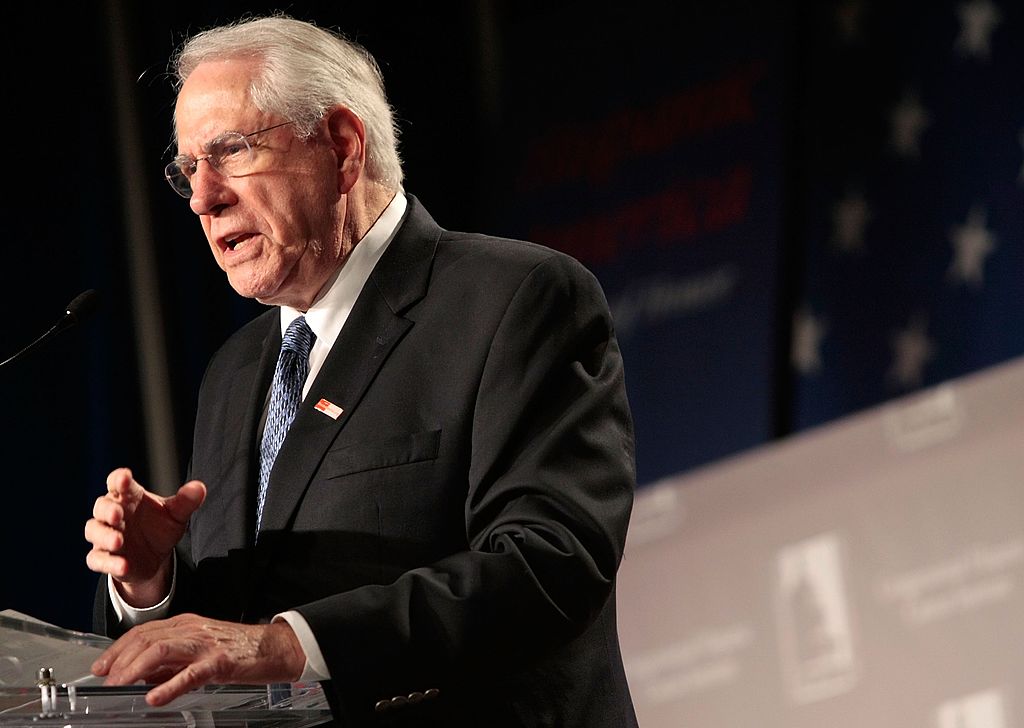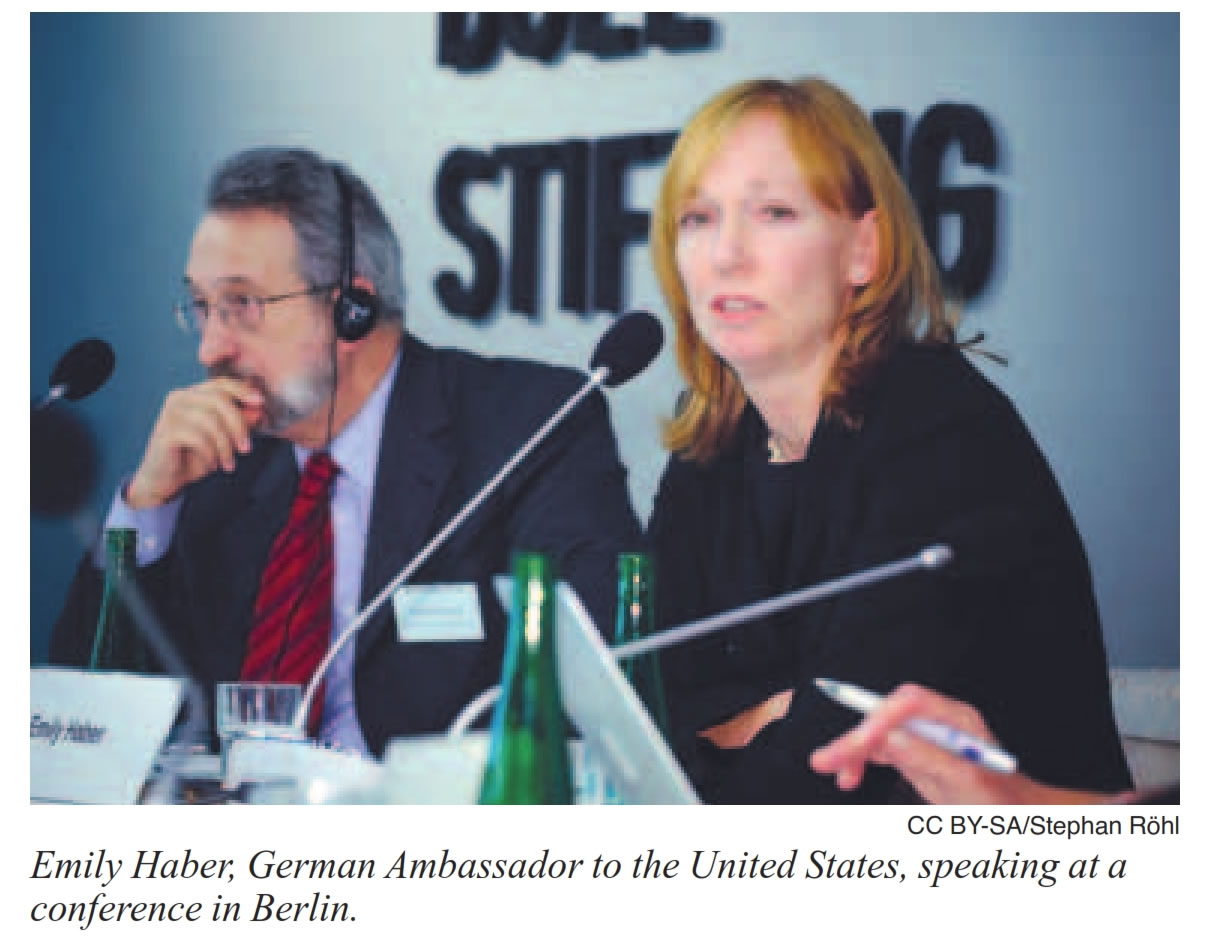Section 1. The sovereign authority of the People of the United States, vested in an independent “Legislature of the People” wherein individual citizens can exercise their legislative power to enact, repeal and amend public policies, laws, charters and constitutions via local, state and national legislation, shall not be denied or abridged by any federal, state or local government of the United States.
The technology today permits us to simply asks the American people via a national election if they wish to create a “Legislature of the People” wherein they as individual citizens will be able to make laws, amend constitutions and charters in a deliberative process based on the legislative procedures enacted in companion legislation: Legislative Procedures Act.
Section 2. The citizens of the United States hereby sanction the national election conducted by the Philadelphia II organization and hereby establish the number of votes necessary to ratify this Citizens Amendment, and enact the accompanying Citizens Legislative Procedures Act, as the majority of votes cast in the most recent presidential election.
Opposition to creating a Legislature of the People will question the legitimacy of the Philadelphia II national election that permits citizens to vote on such an enactment because there is no reference of this power in the Constitution. Article VII, the creation part of the Constitution, was legally in violation of the Confederate Constitution, which mandated that any change must be by unanimous agreement thereby making the Philadelphia Constitution on its surface illegal. Article. VII “The Ratification of the Conventions of nine States, shall be sufficient for the Establishment of this Constitution between the States so ratifying the Same.” This article created our present government. It was made legal by the acceptance of the leaders in state governments of the Confederacy. Once the nine states acted under the dictates of Article VII, three additional states followed within the year. The political leaders opposed to the Philadelphia Constitution could have continued their opposition –– their case being legally superior to the Article VII process. However, that’s not what happened. Opposition faded away in the short course of time. In fact, elite opponents just caved in. They knew the Confederation was unraveling putting their political power and their property interests at risk. The opponents of the Philadelphia II election should expect the same melting away since they would find themselves in opposition to 70 to 80 million or more citizens who consciously voted to empower themselves by creating a “Legislature of the People.”
Section 3. A Citizens Trust is hereby created to administer the legislative procedures created by the accompanying Citizens Legislative Procedures Act and to conduct elections of proposed legislation at all levels of government. A Board of Trustees and a Director shall govern the Citizens Trust. The Citizens Legislative Procedures Act defines the composition of the Board of Trustees and their election, their duties and responsibilities; and the duties, responsibilities and the selection process of the Director.
All legislative bodies require an agency to manage the conduct of administrative services for the smooth operation of the legislative body. The agency in question conducts the research and the management of parliamentary procedures during the course of legislative debates and the bill’s enactment. The Agency is responsible for the enrollment of bills and the management of their progress through the deliberative legislative process. The agency is also responsibly to secure and manage all of the recourses and supplies required for the operation of the legislatures. The U.S. Senate Secretary fulfills these legislative responsibilities. The same requirement exists for the smooth operation of the People’s Legislature and to address the administrative and physical resource needs of the people now acting as legislative lawmakers. In addition to the normal operations of a legislative body the people’s Trust must conduct national, state and local elections every calendar week. Citizen voters will have one week 24 hours a day to vote on legislation dealing with issues germane to the federal, state or local levels of government. The effect of this voting pattern is to limit action on initiative bills at each level of government to 52 per year. Legislation not taken up in the year of its introduction is held over to be processed chronologically in subsequent years. The Trust is responsible for registering all eligible voters for life. A Citizens Trust is herein created to administer and manages the legislative procedures enacted by the Citizens Legislative Procedures Act. The Act addresses in great detail all of the procedures for the smooth operation of the people’s legislature.
Section 4. Legislation created under the authority of this Amendment that amends the Constitution of the United States or the constitution of any state, or the charter of any local government, becomes law when approved by more than one-half the registered voters of the relevant government jurisdiction in each of two successive elections. If the amendment is approved in the first election, a second ratification election shall occur no earlier than six months and no later than a year after the first election. An initiative that enacts, modifies or repeals a statute becomes law when approved by more than one-half the registered voters of the relevant government jurisdiction who participate in the election.
The standard to amend constitutions and charters is purposely made difficult because these amendments are to the foundational documents creating government entities.
Section 5.
An appropriation is hereby authorized from the Treasury of the United States to fund the initial and subsequent annual costs of operating the Legislature of the People and the Citizens Trust to meet its responsibilities defined in the Legislative Procedures Act. The sum appropriated shall equal the sum appropriated to fund the annual operations of Congress.
The appropriation process originates in the House of Representatives. It would be a simple task for elites to pressure the members of the House to deny the funds necessary for the operation of Legislature of the People. Suing the House to act will throw the issue to the Supreme Court playing into the hands of elites. By appropriating the necessary funds in a constitutional amendment we avoid an imbroglio with the House and the Supreme Court.
Section 6.
Only natural persons who are citizens of the United States may introduce legislation, contribute funds, services or property in support or in opposition to initiatives in the Legislature of the People.
One of the most corrupting elements of our capitalistic society is the legal treatment –– established by the Supreme Court –– of corporations as natural persons investing the corporate entity with the power of free speech thereby introducing the wealth of corporations, under the direct control of elites, to further control governments and society. This corruption is denied access to the legislative process of the Legislature of the People by including its prohibition in this amendment.
Section 7.
Citizens shall have the power to enforce the provisions of this Amendment and the Citizens Legislative Procedures Act. No United States court may enjoin an initiative election except on grounds of fraud.
This section is boilerplate articulated in a number of amendments to the Constitution. It reinforces the sovereign power of the people to defend and enforce the enactment of the Citizens Amendment and the Legislative Procedures Act herein enacted.
CITIZENS AMENDMENT to the CONSTITUTION of the UNITED STATES
Section 1. The sovereign authority of the People of the United States, vested in an independent “Legislature of the People” wherein individual citizens can exercise their legislative power to enact, repeal and amend public policies, laws, charters and constitutions via local, state and national initiatives, shall not be denied or abridged by any federal, state or local government of the United States.
Section 2. The citizens of the United States hereby sanction the national election conducted by the Philadelphia II organization and hereby establish the number of votes necessary to ratify this Citizens Amendment, and enact the accompanying Citizens Legislative Procedures Act, as the majority of votes cast in the most recent presidential election.
Section 3. A Citizens Trust is hereby created to administer the legislative procedures created by the accompanying Citizens Legislative Procedures Act and to conduct elections of proposed legislation at all levels of government. A Board of Trustees and a Director shall govern the Citizens Trust. The Citizens Legislative Procedures Act defines the composition of the Board of Trustees and their election, their duties and responsibilities; and the duties, responsibilities and the selection process of the Director.
Section 4. Legislation created under the authority of this Amendment that amends the Constitution of the United States or the constitution of any state, or the charter of any local government, becomes law when approved by more than one-half the registered voters of the relevant government jurisdiction in each of two successive elections. If the amendment is approved in the first election, a second ratification election shall occur no earlier than six months and no later than a year after the first election. An initiative that enacts, modifies or repeals a statute becomes law when approved by more than one-half the registered voters of the relevant government jurisdiction who participate in the election.
Section 5.
An appropriation is hereby authorized from the Treasury of the United States to fund the initial and subsequent annual costs of operating the Legislature of the People and the Citizens Trust to meet its responsibilities defined in the Legislative Procedures Act. The sum appropriated shall equal the sum appropriated to fund the annual operations of Congress.
Section 6.
Only natural persons who are citizens of the United States may introduce legislation, contribute funds, services or property in support or in opposition to initiatives in the Legislature of the People.
Section 7.
Citizens shall have the power to enforce the provisions of this Amendment and the Citizens Legislative Procedures Act. No United States court may enjoin an initiative election except on grounds of fraud.




